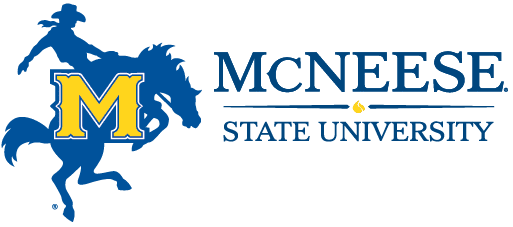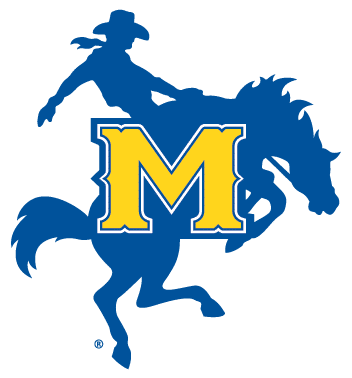Understanding Aid
When considering how to pay for your college education, the first step is to understand what kinds of aid are available. There are four main sources of funding for students, and not all of them need to be paid back:
Scholarships
Scholarships are a type of financial aid that doesn’t need to be repaid. McNeese offers a number of scholarships based on academic achievement, financial need and other factors, while specific degree programs, clubs, organizations and athletic teams may also offer scholarship opportunities or awards. For more information, check out the Scholarships Office.
Grants
Grants are a need-based form of financial aid and do not have to be repaid. Eligibility is determined by the information provided by you on your FAFSA.
- The Federal Pell Grant is a needs-based grant, and awards range from $740 to 7,395 annually. Students must maintain Satisfactory Academic Progress (SAP) to qualify.
- The Federal Supplemental Educational Opportunity Grant (FSEOG) awards up to $2,000 annually. Students qualify for this grant based on need, enrollment status and the amount of other aid received. To qualify, students must also be eligible for the Federal Pell Grant and must maintain Satisfactory Academic Progress (SAP).
- The Louisiana Go Grant is a needs-based grant for Louisiana residents. The Go Grant award for full-time students is $3,000 per academic year, while eligible part-time students may receive up to $2,000 per year.
Student Loans
Student loans are funds borrowed to pay for tuition and other university expenses, and must be repaid with interest. There are two main types of federal student loans:
- Direct Subsidized Loans – Students with a demonstrated financial need determined by FAFSA may qualify for subsidized student loans. In this type of loan, students do not have to pay interest on loans while enrolled or during the six month grace period after graduation.
- Direct Unsubsidized Loans – Regardless of financial need, all students qualify for unsubsidized loans. With this type of loan, students are responsible for making interest payments on loans while enrolled.
Visit student loans for more information.
Work-Study Program
The Federal Work Study Program provides jobs for students with demonstrated financial need. Work-study students are paid at least minimum wage and can work up to 29 hours per week depending on eligibility. To qualify, students must be enrolled at least part time (6 credit hours) and maintain SAP. Funds are limited and positions are awarded based on student eligibility and on a first-come, first-serve basis. To find out if you qualify, submit your FAFSA as early as possible and contact the Student Employment Office.

